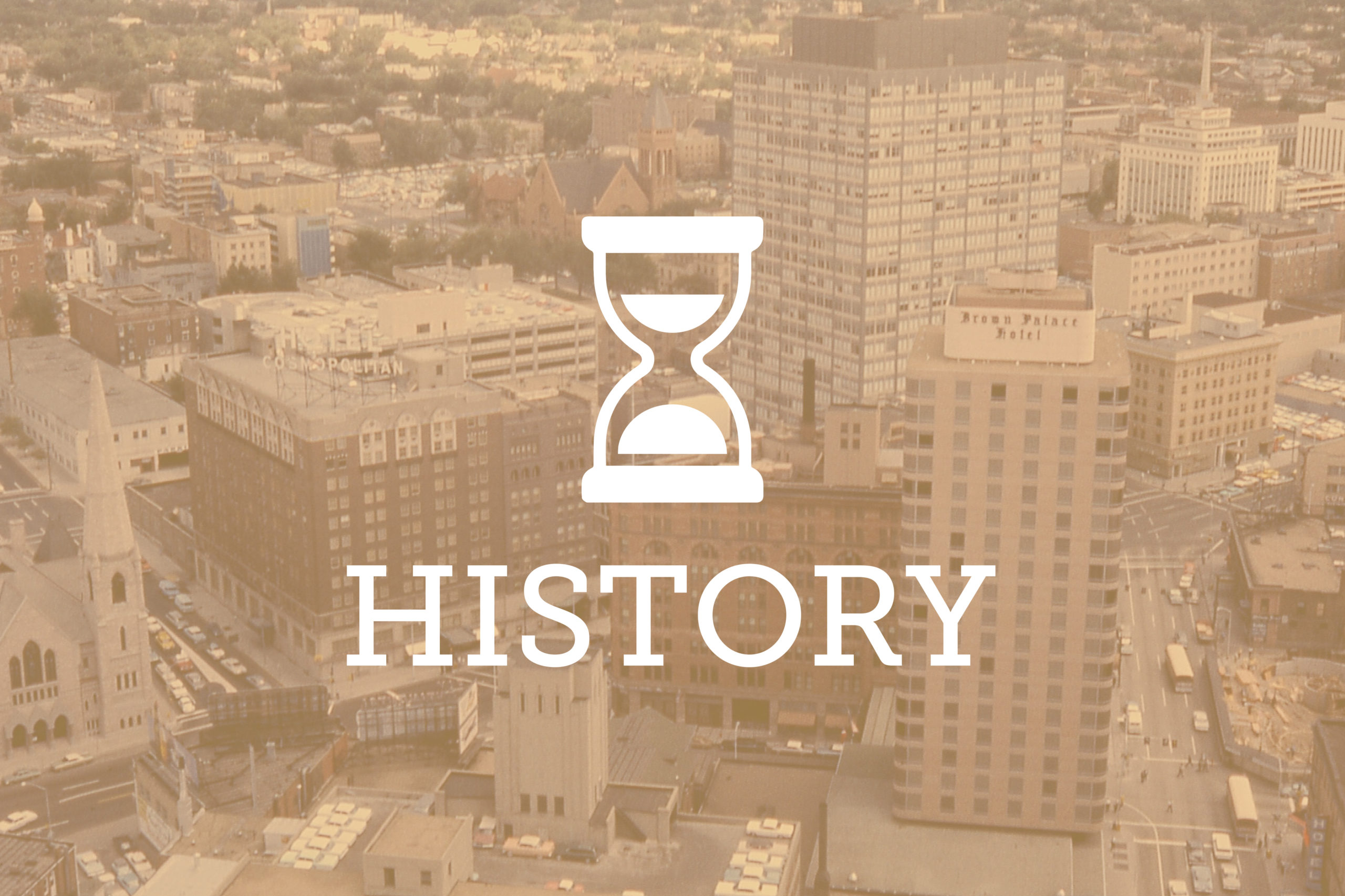
In 1998, 46 states, five U.S. territories and the District of Columbia entered into a Master Settlement Agreement with four of the largest tobacco companies in the nation. It’s the largest civil litigation settlement in U.S. history, according to Truth Initiative. The agreement resolved all claims against the manufacturers of tobacco products with finality – meaning the states dropped all pending litigation against the companies alleging they’d violated antitrust laws and/or state-level policies concerning public health disclosures.
But what’s really in the 330-page document? And what does it mean for Colorado specifically?
The companies originally agreed to pay a projected $206 billion to the states over a period of 25 years. Now, in year 24 of the agreement, the companies plus 40 others who joined the agreement since 1998 have paid roughly $178 billion as of 2021 with around $720 million going toward state tobacco prevention programs. For companies that aren’t part of the MSA, the Colorado Attorney General is responsible for enforcing compliance with the Colorado Tobacco Escrow Funds Act.
Under the MSA, the companies also had to restrict their marketing practices with the goal of reducing underage tobacco use and access. The four original companies of the MSA also had to release to the public the documents disclosed to states in the early stages of the dropped litigation. After April 2000, the agreement makes payments perpetual and scales them up each year until 2018.
The marketing restrictions outlined in the MSA include a ban on the use of cartoons and advertising tobacco products on billboards and outdoors in areas like arenas, stadiums, arcades and malls. The companies are also subject to lobbying limitations but they can still “challeng[e] enforcement of, or su[e] for declaratory or injunctive relief with respect to, any such legislation or rule on any grounds.” Companies that signed onto the MSA also can’t suppress research into the negative health effects of tobacco use by any organization or entity.
According to data gathered by Tobacco Free Kids, Colorado received $86.6 million last year alone under the MSA while total state tobacco prevention was listed at $23.1 million for fiscal year 2022. In February, the state legislative council staff published a forecast of funds the state anticipates receiving from the MSA settlement through fiscal year 2023-24. Colorado’s portion of the settlement payments made annually are calculated with a formula that takes into account consumption rates of tobacco products and inflation.
“Beginning in 2003, participating manufacturers claimed that they had lost market share resulting from governments’ failure to diligently enforce the requirements of the MSA,” the forecast states. “These allegations were renewed each year, creating a series of disputes. Under the framework of the MSA, each dispute triggered an arbitration proceeding to determine whether governments had failed to comply.” That dispute took years to resolve.
Colorado resolved its arbitration in 2014 and got $11.4 million in adjusted money but, for other states, arbitration is ongoing. According to the state’s forecast, provisions of an NPM Adjustment Settlement Agreement allowed governments to receive a percentage of withheld payments right away, giving the rest back to the manufacturers. The forecast says “future annual payments … are not subject to withholding, though the additional amount paid to signatory states is about 70 percent of the amount that would otherwise be withheld.”
The forecast also notes fluctuation in annual payments could be attributed to “pandemic-related disruptions, including an uptick in cigarette sales, which are expected to hold steady or decline more slowly than pre-pandemic rates over the next three years.” “Historically high inflation rates” are also noted in the state memo, which goes on to note that “[b]oth of these trends are expected to keep upward pressure on MSA revenue from its elevated 2021 level, before beginning to abate, placing downward pressure on payments starting in 2024.”
Colorado is forecasting disbursing around $23 million to the Department of Human Services for the nurse home visitor program, roughly $15 million to the Department of Health Care Policy and Financing for the Children’s Basic Health Plan Trust and just over $15 million to the Department of Higher Education for the University of Colorado Health Sciences Center, a share of which needs to be spent on “tobacco-related in-state cancer research.” Other state departments that will also receive funds from the MSA settlement payments include the Department of Law, Department of Public Health and Environment, Capital Construction, Department of Personnel and Administration and Department of Military and Veterans Affairs.

